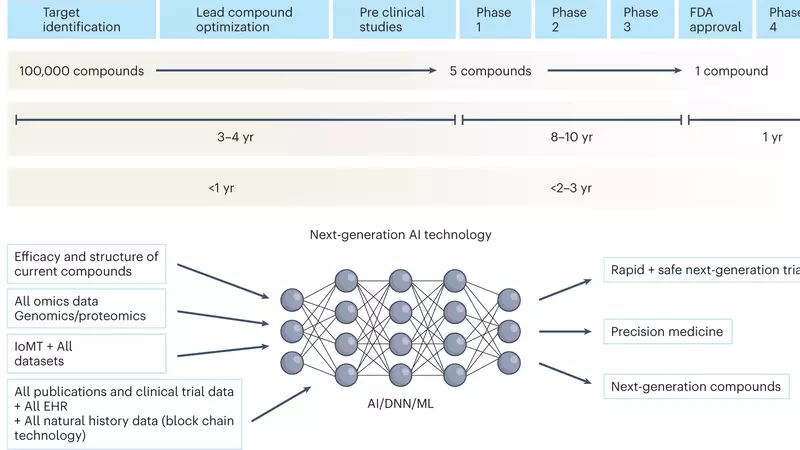Are you or someone you know having difficulty managing your medications? If so, it’s important to understand the importance of medication management and how it can lead to improved health outcomes. Management is the process of ensuring that medications are used safely, effectively, and appropriately. It involves proper dosing, monitoring for side effects and interactions, as well as understanding medication instructions.
In this article, we will discuss the importance of medication management and provide tips for improving its skilss.
Why Is Medication Management Important?
Proper medication management is crucial for optimal health outcomes. It helps ensure that medications are being taken correctly and consistently, reducing the risk of potential harm or adverse effects. Poor management can lead to serious consequences such as incorrect dosing, drug interactions, and missed doses. Additionally, it can also result in unnecessary hospitalizations and increased healthcare costs.
The Role of the Healthcare Team
Effective medication management is a team effort that involves healthcare professionals, patients, and caregivers. The primary responsibility falls on the healthcare provider who prescribes the medication. They must ensure that medications are appropriate for the patient’s condition and are being taken correctly.
Other members of the healthcare team, such as pharmacists and nurses, play a crucial role in medication management as well. They can provide education on proper medication use, monitor for any potential side effects or interactions, and coordinate with the prescribing provider to make necessary adjustments.
Strategies for Better Medication Management
One of the most effective ways to improve medication management is through the use of electronic prescribing or ePrescribe. This technology allows healthcare providers to send prescriptions directly to a patient’s pharmacy electronically, eliminating the need for paper prescriptions. It also provides real-time access to patient medication history, making it easier for healthcare professionals to identify potential issues.
Another strategy for better management is the use of pill organizers or reminder apps. These tools can help patients keep track of their medications and doses, reducing the risk of missed doses or incorrect dosing.
Also, it’s essential to regularly review and update medication lists with your healthcare provider. This can help identify any potential drug interactions or duplicate medications that may be causing harm.
Challenges to Medication Management
Despite the benefits of medication management, there are several challenges that patients may face. First, managing multiple medications can be overwhelming and confusing for some individuals. This is especially true for those with chronic conditions who may be taking several medications at once.
Another challenge to medication management is the cost of prescription drugs. Some patients may struggle to afford their medications, leading them to skip doses or not fill their prescriptions at all. This can have serious consequences for their health.
Last but not least, medication non-adherence is a significant barrier to effective management. Non-adherence can occur due to forgetfulness, misunderstanding of instructions, or fear of side effects.
When is the Right Time to Seek Help?
If you or someone you know is struggling with management, it’s essential to seek help from a healthcare professional. They can provide guidance on proper medication use, address any concerns or challenges, and make necessary adjustments to ensure optimal health outcomes.
It’s also crucial to communicate openly and honestly with your healthcare team about any difficulties you may be having with your medications. They can work with you to find solutions and improve your management skills.
Conclusion
Medication management is a vital aspect of healthcare that requires collaboration between patients and their healthcare team. By understanding the importance of proper management and implementing strategies for better adherence, individuals can experience improved health outcomes and overall quality of life. Remember to regularly review your medications with your healthcare provider, use technology to aid in management, and seek help when needed. Visit bela Chao For more details.
